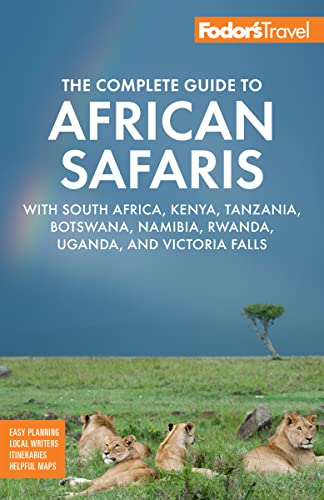Money Matters
The official currency is the Kenya shilling (Ksh). Available notes are 50, 100, 200, 500, and 1,000 shillings. Available coins are 50 cents, and 1, 5, 10, 20, and 40 shillings.
At this writing, the shilling exchange is about Ksh88 to US$1. Kenya is still relatively inexpensive given the quality of lodgings, which cost probably two-thirds the price of comparable facilities in the United States, although some hotels in the cities have been known to charge expensive rates for tourists.
To avoid administrative hassles, keep all foreign-exchange receipts until you leave the region, as you may need them as proof when changing any unspent local currency back into your own currency.
As the shilling is a relatively weak currency, hotels tend to quote in U.S. dollars. However, for small amounts, such as restaurants, shopping, and tips, it's easiest to withdraw shillings from an ATM once you're in the country. If you pay with dollars, you may find the exchange rate used is lower than the official one.
ATMs and Banks
Banks open at 9 on weekdays and close at 3; on Saturday they open at 9 and close at 11. Banks are closed on Sunday. Most ATMs are open 24 hours. Many banks can perform foreign-exchange services or international electronic transfers. Try to avoid banks at their busiest times—at 9 and from noon to 2 on Friday, and at month's end—unless you're willing to arrive early and line up with the locals. Major banks in Kenya are Barclays, Kenya Commercial Bank, National Bank of Kenya, and Commercial Bank of Africa.
Major credit cards such as Visa and MasterCard are accepted at Kenyan banks and by ATMs. Most ATMs accept Cirrus, Plus, Maestro, Visa Electron, and Visa and MasterCard; the best place to withdraw cash is at an indoor ATM, preferably one guarded by a security officer. If you're unsure where to find a safe ATM, ask a merchant.
Contacts
Central Bank of Kenya. Haile Selassie Ave., Nairobi, Nairobi Area. 020/286–0000; www.centralbank.go.ke.
Tipping
Tipping isn't mandatory, but porters do expect something, and 10% is customary in restaurants. Some hotels and most permanent tented camps have a gratuity box for you to put a tip for all of the staff at the end of your stay. Tip your safari driver and guide approximately US$10–US$15 per person, per day.





